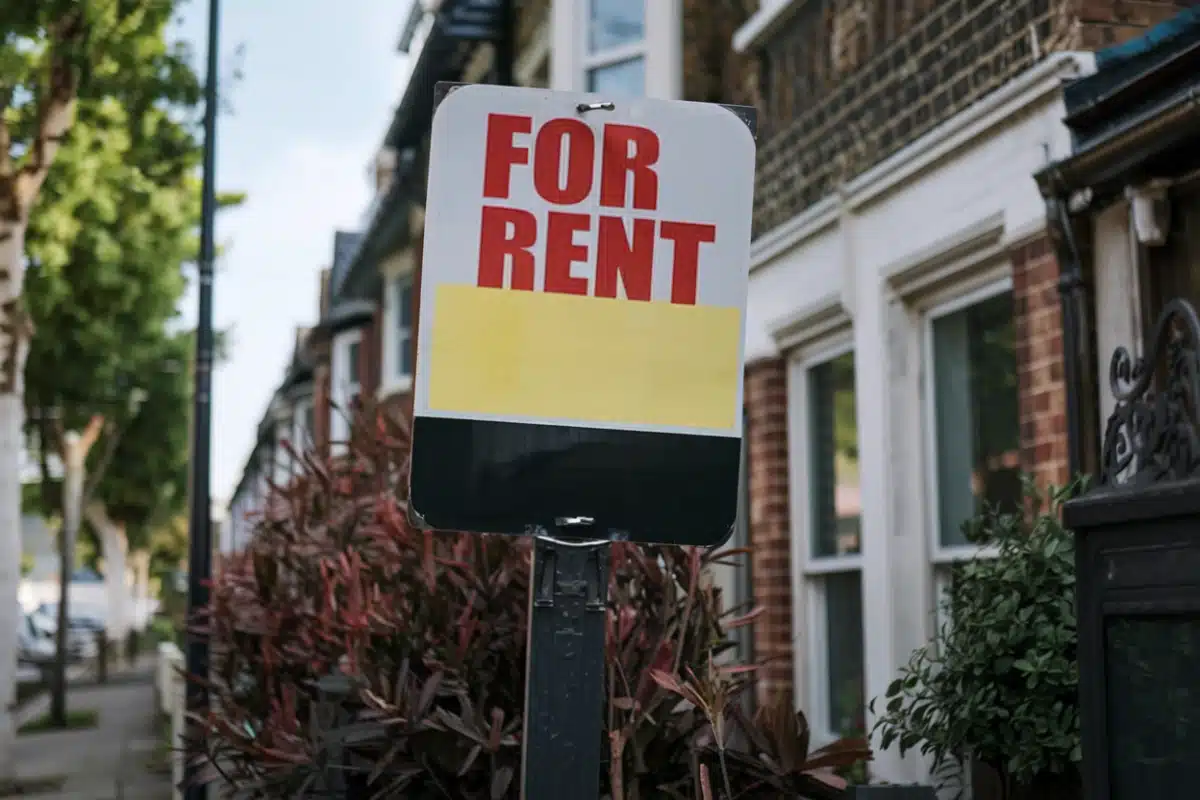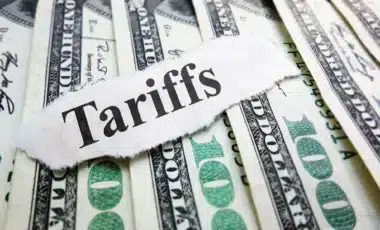Renters now pay an average of £15,240 annually, with the soaring costs outpacing income growth, according to housing search platform Zoopla. As a reminder, the annual cost of renting a property in 2021 was £12,000.
Housing : Rising Rents Deepen Affordability Issues
Since 2021, UK renters have seen rental prices grow by 27%, significantly outpacing the 19% rise in average incomes over the same period. This increase corresponds with the easing of pandemic restrictions, which spurred demand as individuals sought to relocate. However, a critical shortage of available rental properties has further driven up prices.
Tenant competition was fierce as a result of demand for rental houses significantly exceeding supply, which was partly to blame for the rise in housing costs. However, as renters approach the boundaries of their housing budget, rent increases are currently occurring at the slowest rate in almost three years.
According to The Guardian, rental prices for newly rented properties over the previous year have increased by 3.9%, the slowest growth rate since August 2021. Furthermore, rentals in high-rental-cost locations, like London, have been rising more slowly, increasing by 1.3% yearly, compared to 8.7% a year before.
In contrast, regions with lower rental costs—like Northern Ireland, where rents are increasing by 10.5%, and the northeastern region of England, where they are increasing by 8.7%—are experiencing far higher rental growth. In 2025, average rental prices in the UK are forecast to increase by 4%, albeit this increase will be less pronounced in London and other major cities and will be higher in more reasonably priced regions of the nation.
« The number of rented homes hasn’t grown since 2016, creating scarcity for renters at a time when demand has boomed on a strong labour market and the rising cost of homeownership », said Richard Donnell, executive director at Zoopla. Despite recent deceleration in rental growth, affordability pressures persist, forcing tenants to seek cheaper areas or compromise on living conditions.
The supply shortage is linked to multiple factors, including the sell-off of rental properties by private landlords facing higher mortgage costs. Although this trend is slowing, market experts do not foresee a substantial increase in rental stock in the short term.
Addressing the Crisis : The Case for Boosting Supply
Efforts to alleviate rental pressures focus on increasing housing supply. The Labour Party has proposed building 1.5 million homes over five years, alongside easing planning regulations to support construction. Zoopla underscores the importance of such measures, emphasizing that expanding private and social rental housing is the quickest way to mitigate the crisis.
Private landlords remain a pivotal part of the rental ecosystem. Despite challenges, Richard Donnell noted that many landlords are now awaiting lower interest rates to re-enter the market. Encouraging them to remain active is crucial to bolstering supply and stabilizing rents, he added.
The rental affordability crisis highlights the urgent need for targeted policy interventions and market adjustments to restore balance in the housing sector.









